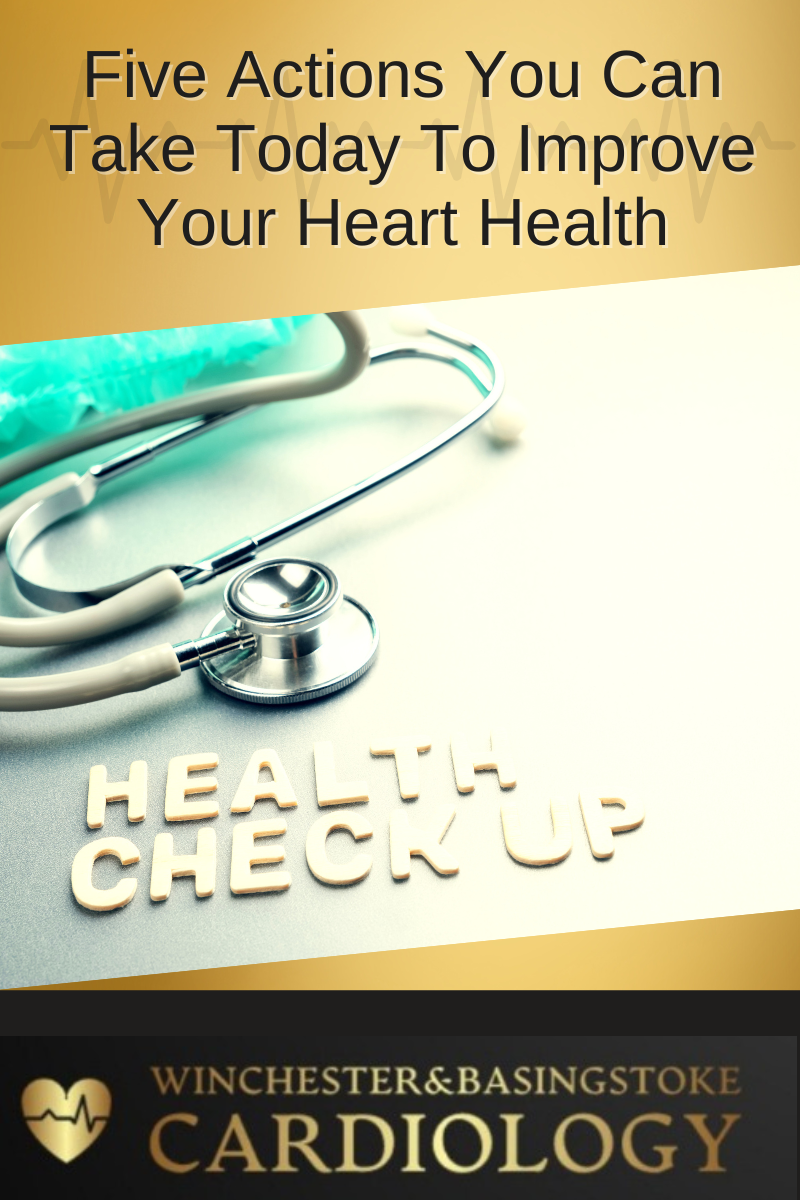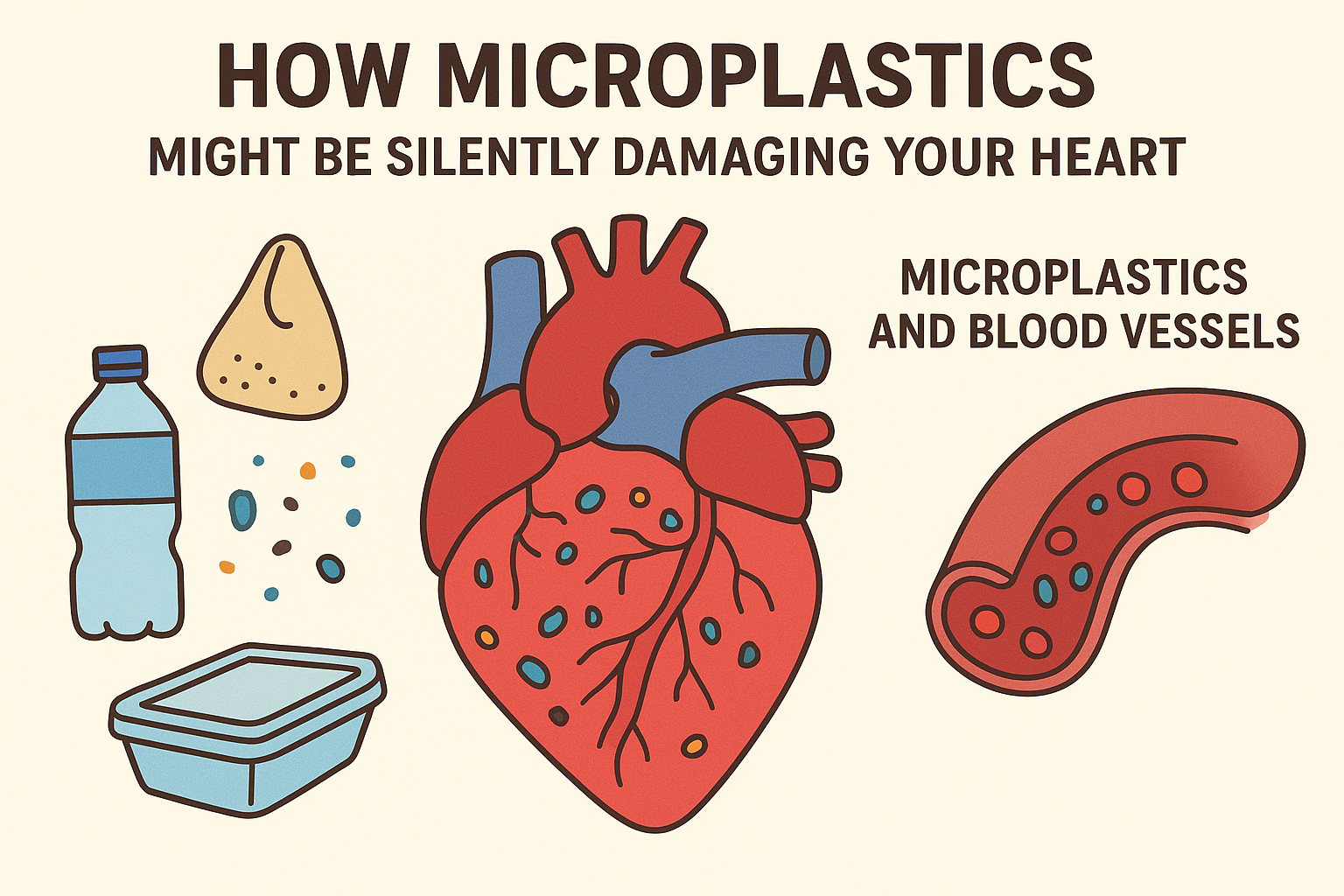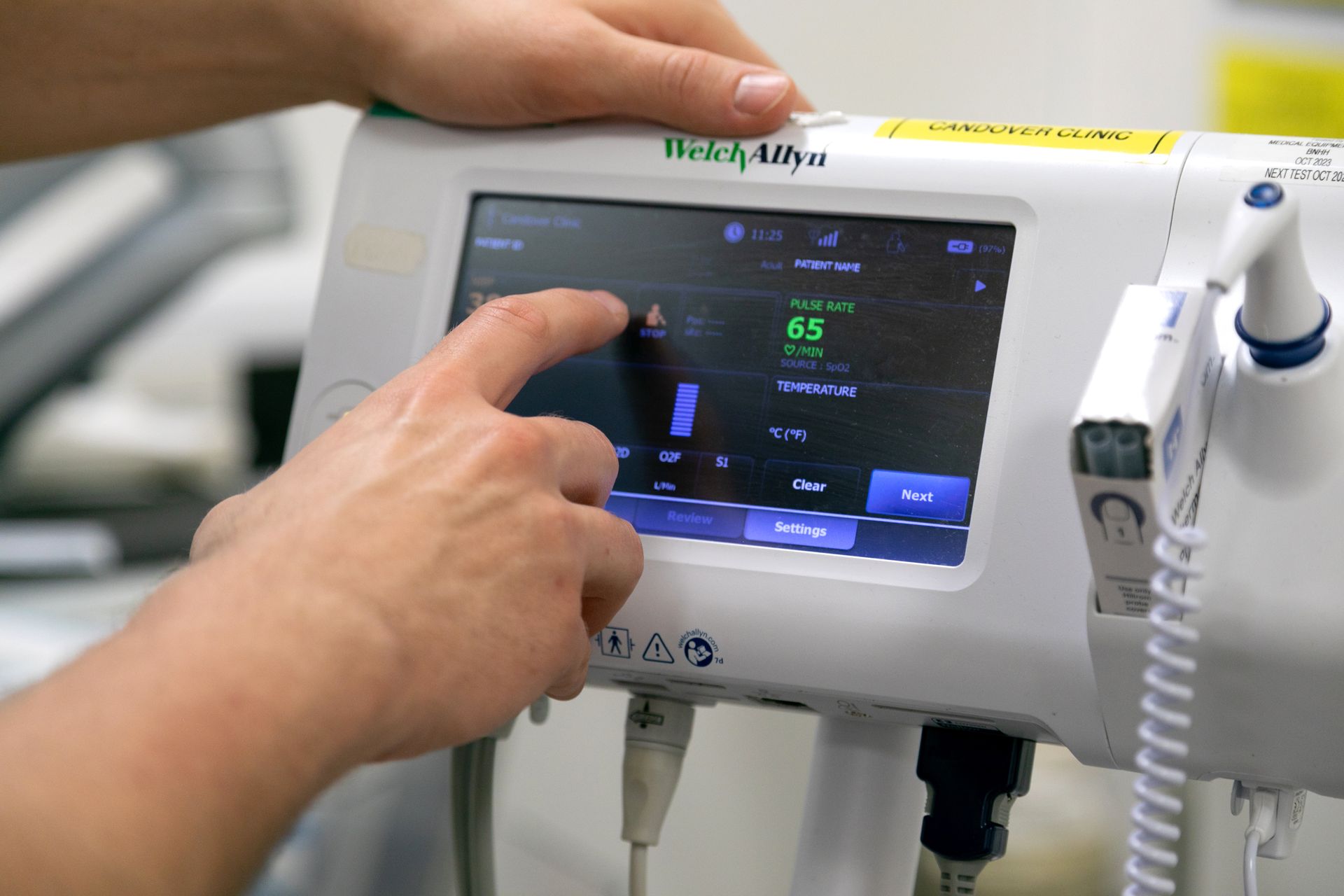




Heart disease is the leading cause of death worldwide, accounting for over 17 million deaths per year.
The good news is that many cases of heart disease can be prevented by making simple lifestyle changes. By taking care of your heart, you can reduce your risk of heart disease and live a healthier, happier life.
Here are the top 5 heart health tips to keep your heart healthy and strong.
Staying Active
Regular exercise is essential for a healthy heart. It can help maintain a healthy weight, reduce blood pressure, and cholesterol levels. Exercise also helps to improve the function of the heart and blood vessels. Aim for at least 150 minutes of moderate-intensity exercise per week, such as brisk walking, cycling, or swimming. If you're new to exercise, start slowly and gradually increase the duration and intensity of your workouts.
One of the best exercises for heart health is cardiovascular exercise, also known as cardio. Cardio exercise raises your heart rate, which strengthens your heart muscles, improves your circulation, and helps to reduce your risk of heart disease. It's important to choose an exercise that you enjoy, as this will make it more likely that you'll stick to it in the long run.
Healthy Eating
A well-balanced diet that includes a variety of fruits, vegetables, whole grains, lean proteins, and healthy fats is essential for heart health. A diet rich in fiber can help lower cholesterol levels and reduce the risk of heart disease. Avoid processed and high-sugar foods as they can increase the risk of obesity, diabetes, and high blood pressure. Instead, opt for whole foods that are nutrient-dense and support your overall health.
One of the best ways to maintain a healthy diet is to plan your meals in advance. This will help you make healthy choices and avoid the temptation of fast food or unhealthy snacks. Try to include a variety of fruits and vegetables in your diet, as these are rich in vitamins, minerals, and antioxidants that support heart health. Aim for at least 5 servings of fruits and vegetables per day.
Quit Smoking
Smoking is a major risk factor for heart disease. Cigarettes contain harmful chemicals that damage the heart and blood vessels, leading to the buildup of plaque in the arteries. This can cause high blood pressure, heart attacks, and strokes. If you smoke, quitting is the best thing you can do for your heart. There are many resources available to help you quit, such as nicotine replacement therapy, medications, counseling, and support groups.
Quitting smoking can be difficult, but it's worth it for your heart health. In addition to reducing your risk of heart disease, quitting smoking can improve your overall health and quality of life. It's important to have a plan in place to help you quit, such as setting a quit date, identifying your triggers, and seeking support from friends, family, or a healthcare provider.
Manage Stress
Chronic stress can have a negative impact on our heart health. It can cause an increase in blood pressure, heart rate, and inflammation, all of which can contribute to the development of heart disease. Finding ways to manage stress is important for overall health and wellbeing. Some effective stress-management techniques include meditation, yoga, deep breathing exercises, mindfulness, and regular exercise.
Stress is a natural part of life, but it's important to find healthy ways to manage it. One effective technique for managing stress is mindfulness. Mindfulness involves paying attention to the present moment without judgment. This can help reduce stress and anxiety, improve mood, and promote overall health and wellbeing. Other effective stress-management techniques include getting enough sleep, spending time with loved ones, and engaging in hobbies or activities that bring joy and relaxation.
Regular Check-Ups
Regular check-ups with your healthcare provider are important for maintaining heart health. Your healthcare provider can help you assess your risk of heart disease and provide guidance on how to reduce your risk. They can also monitor your blood pressure, cholesterol levels, and other vital signs to ensure that they are within a healthy range.
It's important to schedule regular check-ups with your healthcare provider, especially if you have a family history of heart disease or other risk factors. Your healthcare provider can also help you develop a personalized plan for maintaining heart health, which may include lifestyle changes, medications, or other interventions.
In Conclusion
In conclusion, taking care of your heart is essential for overall health and wellbeing. By staying active, maintaining a healthy diet, quitting smoking, managing stress, and scheduling regular check-ups with your healthcare provider, you can reduce your risk of heart disease and live a healthier, happier life.
Remember, small changes can make a big difference when it comes to heart health.
If you have concerns with your heart health or are experiencing any symptoms which are worrying you, we are here to help you. Get in touch with us today by clicking the button below.











